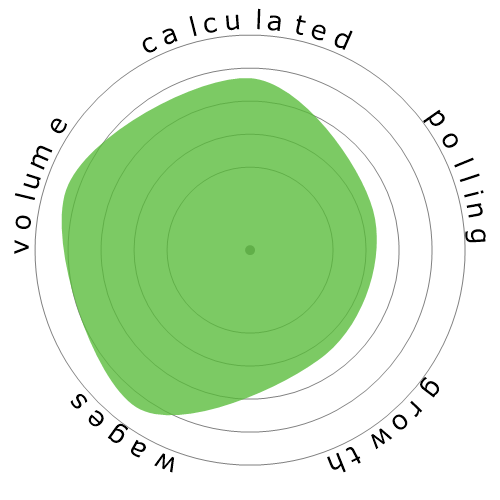Lawyers
Where Would You Like to Go Next?
Or, Explore This Profession in Greater Detail...


What does this snowflake show?
What's this?
We rate jobs using four factors. These are:
- Chance of being automated
- Job growth
- Wages
- Volume of available positions
These are some key things to think about when job hunting.
People also viewed
Calculated automation risk
Low Risk (21-40%): Jobs in this level have a limited risk of automation, as they demand a mix of technical and human-centric skills.
More information on what this score is, and how it is calculated is available here.
User poll
Our visitors have voted they are unsure if this occupation will be automated. However, employees may be able to find reassurance in the automated risk level we have generated, which shows 23% chance of automation.
What do you think the risk of automation is?
What is the likelihood that Lawyers will be replaced by robots or artificial intelligence within the next 20 years?
Sentiment
The following graph is shown where there are enough votes to produce meaningful data. It displays user poll results over time, providing a clear indication of sentiment trends.
Sentiment over time (quarterly)
Sentiment over time (yearly)
Growth
The number of 'Lawyers' job openings is expected to rise 5.2% by 2033
Total employment, and estimated job openings
Updated projections are due 09-2025.
Wages
In 2023, the median annual wage for 'Lawyers' was $145,760, or $70 per hour
'Lawyers' were paid 203.3% higher than the national median wage, which stood at $48,060
Wages over time
Volume
As of 2023 there were 731,340 people employed as 'Lawyers' within the United States.
This represents around 0.48% of the employed workforce across the country
Put another way, around 1 in 207 people are employed as 'Lawyers'.
Job description
Represent clients in criminal and civil litigation and other legal proceedings, draw up legal documents, or manage or advise clients on legal transactions. May specialize in a single area or may practice broadly in many areas of law.
SOC Code: 23-1011.00
Comments (233)
They'll do less errors, and don't require sleep. No more receptionist that is away. Longer opening hours.
Why do you say robots have no empathy, you fillthy racist? They have it. Robots would probably beat you up.
Not that I'd expect someone who doesn't even know the definition of 'racist' and just flings the word around however would know what empathy is...
And besides, you never even addressed what they said. They didn't even bring up empathy, as their point was about people not wanting a robot to defend them. You've brought up a completely nonsensical rebuttal to an argument that doesn't exist.
These are the tasks that robots won't be able to fulfill for at least a decade from now.
These are the tasks that robots won't be able to fulfill for at least a decade from now.
Reply to comment